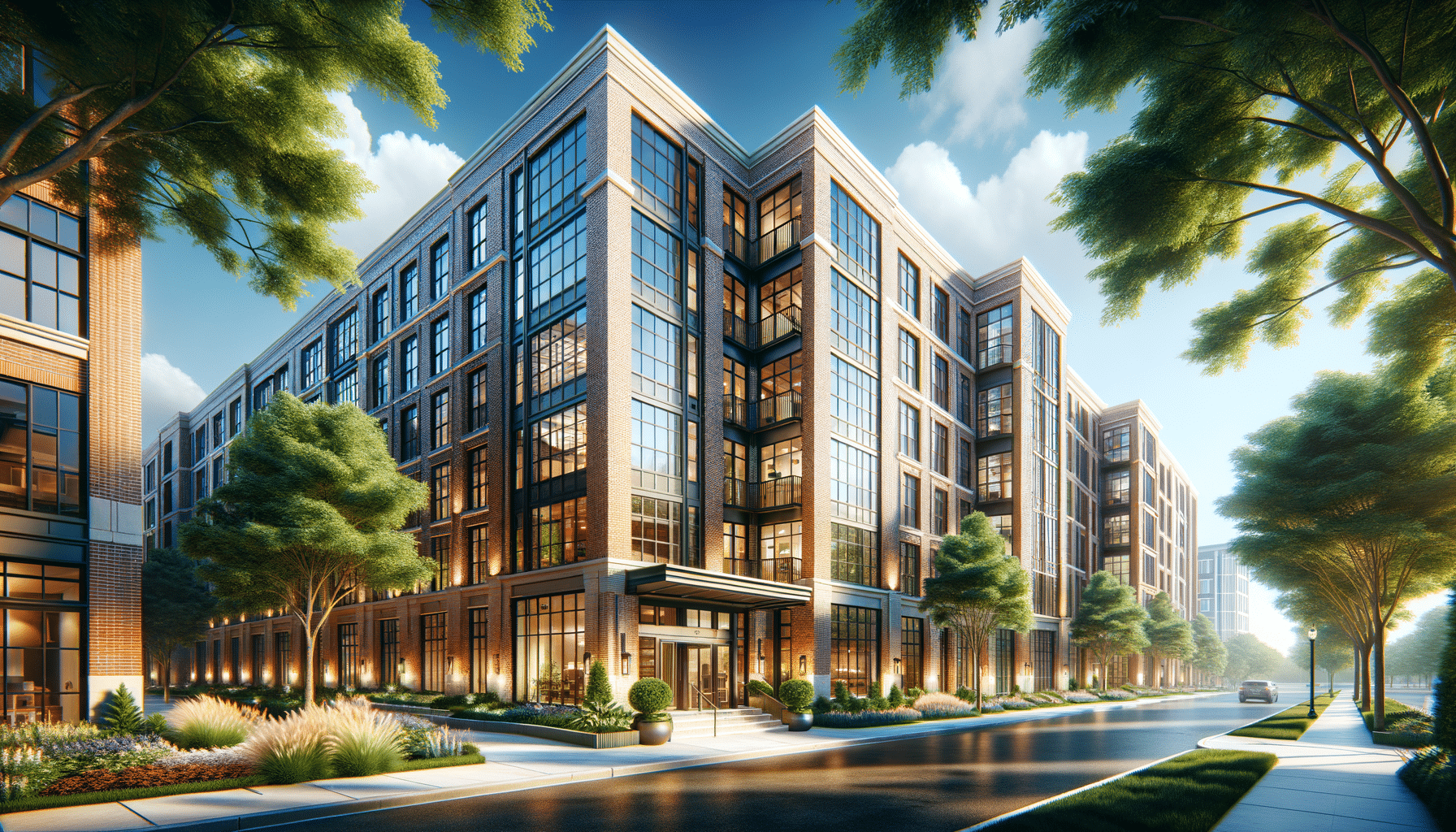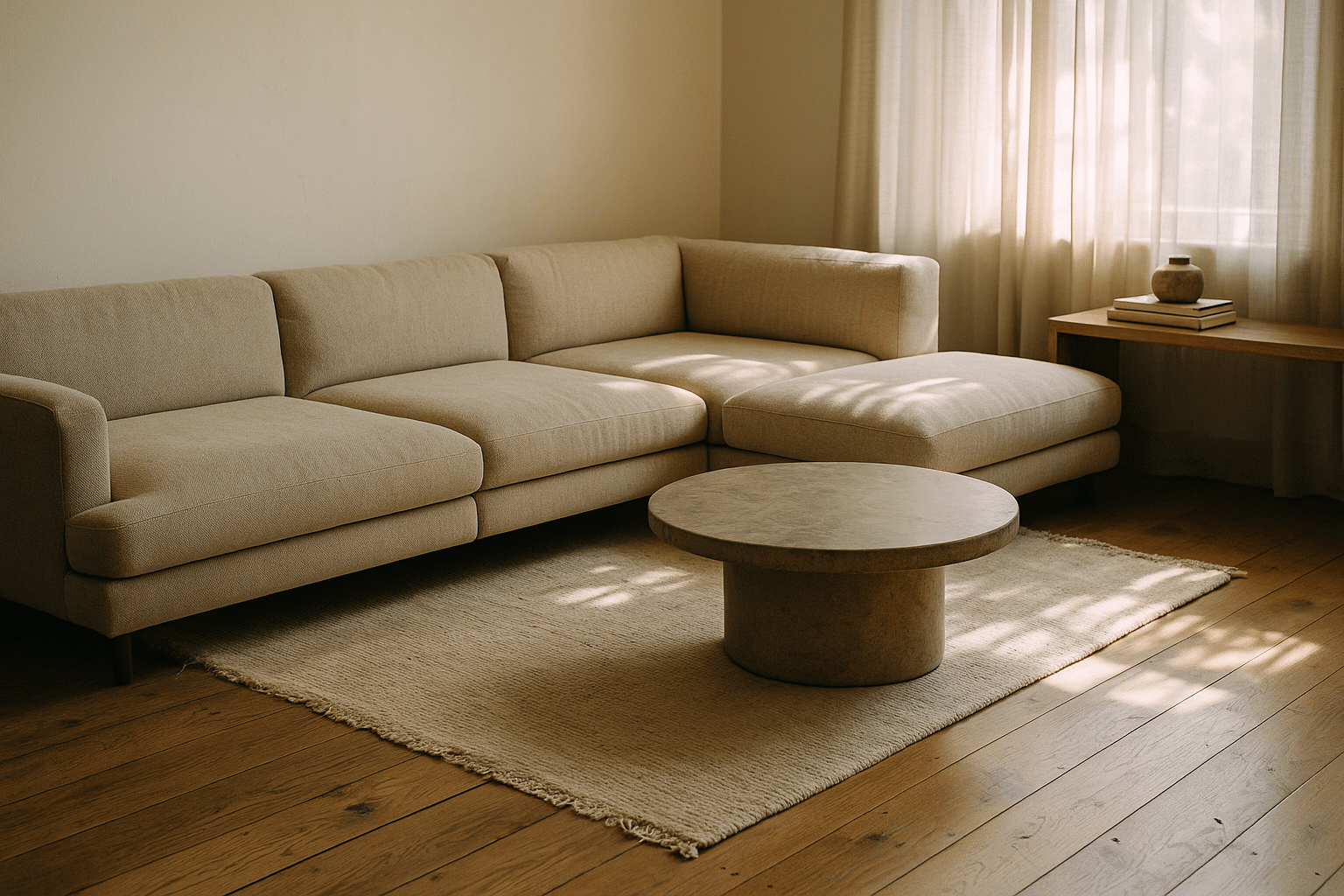
Exploring Rental Apartments: A Comprehensive Guide
Introduction to Rental Apartments
Rental apartments have become an integral part of urban living, offering flexibility and convenience to millions worldwide. As cities expand and populations grow, the demand for rental housing continues to surge. Renting an apartment provides a temporary solution for those who are not ready to commit to homeownership or prefer the mobility that renting offers. This article explores various facets of rental apartments, from their inherent benefits to tips for finding the perfect space.
Benefits of Renting an Apartment
Renting an apartment has several advantages that appeal to a wide range of individuals. One of the primary benefits is the flexibility it offers. Unlike owning a home, renting allows you to relocate with relative ease, which is ideal for those who may need to move for work or personal reasons. Additionally, renting often requires a lower upfront cost compared to buying a property, as there is no need for a substantial down payment.
Another advantage is the reduced responsibility for maintenance and repairs. Typically, landlords or property management companies handle these tasks, freeing tenants from the financial and time commitments associated with home upkeep. Moreover, rental apartments often come with amenities such as gyms, pools, and communal spaces, enhancing the living experience without added costs.
For many, renting also provides access to desirable locations that might be financially out of reach for purchasing. City centers and vibrant neighborhoods are often dotted with rental properties, allowing tenants to enjoy the perks of a prime location without the hefty price tag of buying.
Finding the Right Apartment
Choosing the right rental apartment requires careful consideration of several factors. Start by determining your budget, taking into account not just the monthly rent but also utilities, parking, and potential fees. Next, consider the location. Proximity to work, schools, public transportation, and amenities should align with your lifestyle needs.
Once you have a clear idea of your requirements, begin your search using online platforms, real estate agents, or community boards. When touring potential apartments, pay attention to the condition of the property, the security features, and the surrounding neighborhood. Don’t hesitate to ask questions about the lease terms, maintenance policies, and any restrictions, such as pet policies or noise regulations.
It’s also wise to read reviews or seek feedback from current or past tenants to gain insight into the landlord’s reputation and the overall living experience in the building.
Understanding Lease Agreements
A lease agreement is a legally binding document that outlines the terms and conditions of renting a property. Understanding this document is crucial to ensure a smooth rental experience. Key components of a lease include the rental amount, payment schedule, security deposit, lease duration, and any additional fees or charges.
It’s important to thoroughly read and comprehend every clause in the lease. Pay special attention to the policies on rent increases, termination conditions, and responsibilities for maintenance and repairs. If any part of the lease is unclear, seek clarification from the landlord or a legal advisor to avoid misunderstandings later on.
Additionally, ensure that any verbal agreements or promises made by the landlord are documented in the lease. This can include commitments to make repairs or improvements to the apartment before your move-in date.
Tips for a Smooth Rental Experience
To ensure a positive rental experience, start by maintaining open communication with your landlord or property manager. Report any maintenance issues promptly and keep records of all communications. This can help prevent disputes and ensure that problems are addressed in a timely manner.
Respect the property and your neighbors by adhering to community rules and guidelines. This includes noise levels, waste disposal, and shared space usage. Building a good relationship with neighbors can enhance your living experience and create a supportive community environment.
Finally, plan for the future by keeping track of lease renewal dates and any changes in rental terms. If you intend to move out, provide the necessary notice well in advance, as specified in your lease agreement. This will ensure a smooth transition and protect your security deposit.


